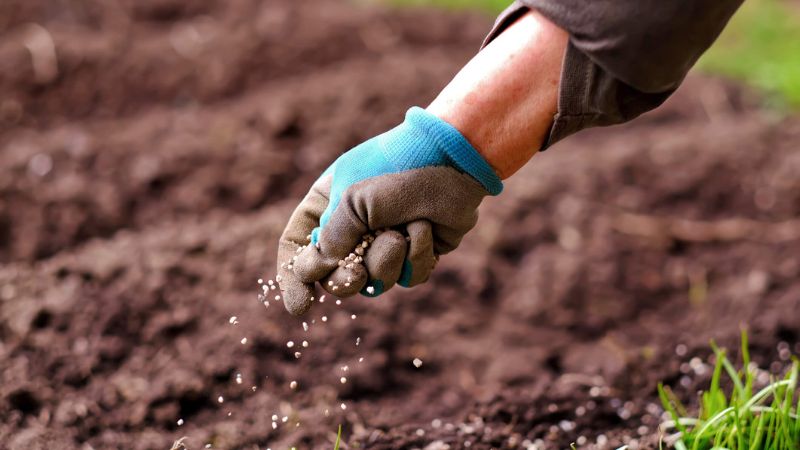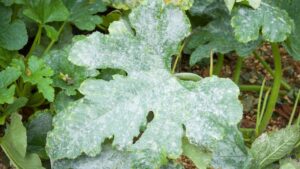How To Compost Effectively For Organic Gardening? Welcome to our comprehensive guide on composting effectively for organic gardening. Composting is not only eco-friendly but also essential for enriching soil health and promoting sustainable gardening practices. In this article, we’ll explore nine invaluable tips to help you maximize the benefits of composting in your garden. Whether you’re a novice or a seasoned gardener, these tips will empower you to create nutrient-rich compost that nourishes your plants and reduces waste. From choosing the right materials to maintaining the ideal composting environment, we’ve got you covered. Let’s dive in and discover how you can transform kitchen scraps and yard waste into black gold for your garden!
How To Compost Effectively For Organic Gardening?
1. Choose the Right Location
Selecting the appropriate location for your compost pile is essential for effective composting. Opt for a level area with good drainage and sufficient airflow. Avoid placing the pile directly on grass or soil to prevent waterlogging. Ideally, choose a spot that receives partial sunlight to facilitate decomposition while preventing excessive drying out. Additionally, ensure the location is easily accessible for adding materials and turning the compost.
2. Balance Carbon and Nitrogen
For composting to be successful, the proper ratio of nitrogen-rich (green) and carbon-rich (brown) materials must be achieved. Carbon sources include dry leaves, straw, and newspaper, while nitrogen sources comprise kitchen scraps, grass clippings, and coffee grounds. Aim for a ratio of approximately 30 parts carbon to 1 part nitrogen to promote microbial activity and hasten decomposition. Regularly monitor and adjust the mix as needed to maintain balance.
3. Chop and Shred Materials
Chopping or shredding organic materials into smaller pieces accelerates the composting process by increasing surface area and facilitating microbial breakdown. Use a shredder, lawnmower, or pruning shears to chop larger items like branches and stalks. Similarly, finely chop kitchen scraps before adding them to the compost pile. Smaller pieces decompose faster, resulting in nutrient-rich compost in less time.
4. Maintain Moisture Levels
Proper moisture is essential for microbial activity and decomposition. Aim for a consistency similar to a wrung-out sponge, where the compost materials are moist but not soggy. Regularly check moisture levels and water the pile as needed, especially during dry spells. Covering the compost with a tarp or lid can help retain moisture and prevent excessive drying out, particularly in hot climates or during prolonged periods without rainfall.
5. Turn the Compost Regularly
Turning the compost pile aerates the materials, redistributes heat, and accelerates decomposition. Use a pitchfork or compost aerator to thoroughly mix the contents, bringing outer materials to the center and vice versa. Aim to turn the pile every 1-2 weeks, or whenever the internal temperature drops below optimal levels. This practice ensures even breakdown of materials and prevents anaerobic conditions that lead to unpleasant odors.
6. Monitor Temperature
Monitoring the temperature of your compost pile provides valuable insights into its progress and efficiency. A well-functioning compost pile will generate heat as microbial activity increases. The internal temperature should be checked frequently using a compost thermometer; the desired range is 120°F to 160°F (49°C to 71°C). Adjust the carbon-to-nitrogen ratio and moisture levels if the temperature falls outside this range, as extreme temperatures can inhibit microbial activity.
7. Add Amendments as Needed
Occasionally, your compost pile may require amendments to enhance its quality and speed up decomposition. Common amendments include organic materials like aged manure, blood meal, or bone meal, which provide additional nutrients and microbial activity. Incorporate these amendments sparingly and mix them thoroughly into the compost pile to avoid imbalances or nutrient runoff. Regularly assess the condition of your compost and adjust amendments accordingly to optimize its effectiveness.
8. Use a Compost Bin or Pile
Whether you opt for a compost bin or an open pile, choosing the right container is essential for effective composting. Compost bins provide containment, aesthetics, and may deter pests, while open piles offer simplicity and airflow. Select a size appropriate for your needs and space constraints, ensuring proper ventilation and drainage. Whichever option you choose, maintain regular maintenance and monitoring to ensure optimal composting conditions.
9. Harvest and Use Your Compost
Once your compost has fully matured, it’s time to harvest and reap the rewards of your efforts. Mature compost is dark, crumbly, and earthy-smelling, indicating that it’s ready for use. Use a screen or sieve to remove any large particles or unfinished materials before applying the compost to your garden beds or containers. Incorporate compost into soil mixes, topdress existing plants, or brew compost tea for a nutrient-rich boost to your garden’s health and vitality. Enjoy the fruits of your composting labor and continue to cycle organic matter back into the earth for sustainable gardening practices.
Conclusion
In conclusion, mastering the art of composting is a cornerstone of successful organic gardening. By following the nine tips outlined in this guide, you can create nutrient-rich compost that fosters healthy soil and thriving plants. From balancing carbon and nitrogen ratios to maintaining proper moisture levels, each step plays a crucial role in the composting process. Embrace sustainability and reduce your ecological footprint by transforming kitchen and yard waste into valuable organic matter for your garden. With dedication and these expert tips, you’ll soon reap the rewards of effective composting, enjoying bountiful harvests and a flourishing garden ecosystem. Happy composting!
FAQs
How often should I turn my compost pile?
Aim to turn your compost pile every 1-2 weeks to aerate it and accelerate decomposition. This helps maintain proper oxygen levels and promotes even breakdown of materials.
Can I compost meat and dairy products?
It’s best to avoid composting meat and dairy products as they can attract pests and cause unpleasant odors. Stick to composting plant-based materials like fruit and vegetable scraps, coffee grounds, and yard waste for optimal results.




